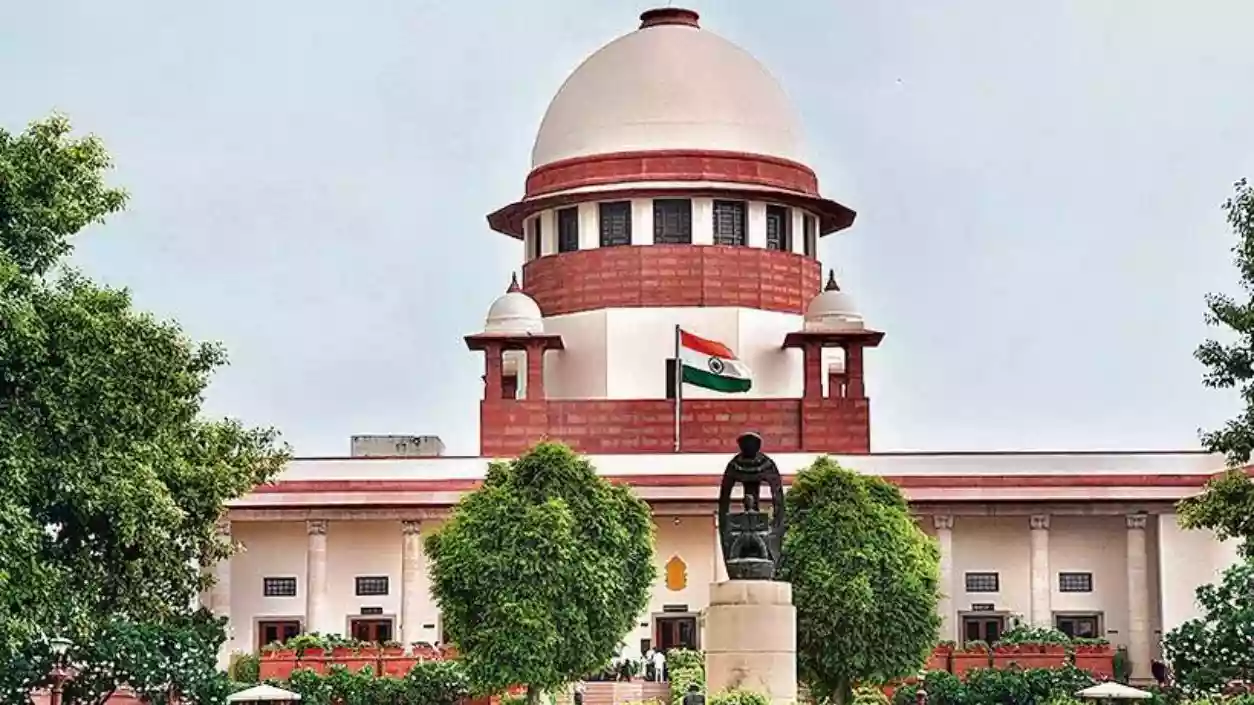.gif)
.gif)

The Supreme Court will hear on May 20 pleas seeking interim relief against key provisions of the Waqf (Amendment) Act, 2025. The bench led by Chief Justice B.R. Gavai will examine whether interim orders are necessary on three main issues: waqf by user, nomination of non-Muslims to waqf councils and boards, and identification of government land under waqf.
The Waqf (Amendment) Act, 2025, was passed by Parliament in early April and received the President’s assent on April 5. The Act amends the Waqf Act, 1995, which regulates properties dedicated for religious or charitable purposes under Islamic law. Several petitions challenging the constitutional validity of the amendments have been filed, including by Congress MP Mohammad Jawed and AIMIM MP Asaduddin Owaisi.
The petitioners contend that the amendments discriminate against the Muslim community and violate their rights under Article 26 of the Constitution, which guarantees freedom to manage religious affairs. They have requested the Supreme Court to stay the implementation of the contentious provisions of the Act. However, the Court has clarified it will not entertain pleas seeking to stay the 1995 Waqf Act from Hindu petitioners in this hearing.
The Centre, through the ministry of minority affairs, filed a 1,332-page affidavit defending the amendments and opposing any blanket stay on the law. The affidavit states the amendments are intended to prevent misuse of waqf properties, noting a 116 percent increase in reported waqf land since 2013, which raised concerns over irregularities. It emphasizes mandatory registration and judicial oversight for all waqf properties.
During the hearing, Solicitor General Tushar Mehta assured the Court that the government would not denotify any waqf properties, including those recognized through long-standing usage or “waqf by user.” The government also committed that no appointments would be made to the Central Waqf Council or State Waqf Boards until the Court’s decision. The bench indicated it would allow two hours for arguments from each side.
Six BJP-ruled states—Haryana, Maharashtra, Madhya Pradesh, Rajasthan, Chhattisgarh, and Assam—have intervened in support of the amendments, highlighting concerns about legal and administrative complications if the amendments are struck down. The Court will take up the matter for detailed hearing and decision on interim relief on May 20.